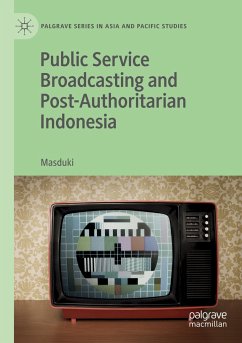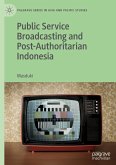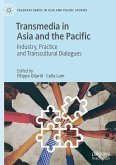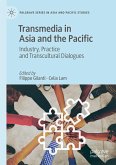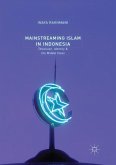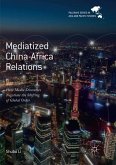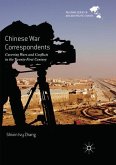This book investigates public service broadcasting (PSB) models in post-authoritarian regimes, and offers a critical inspection of the development of a Western European-originated PSB system in Asian transitional societies, in particular in Indonesia since the 1990's. Placing the case of Indonesia's PSB within the context of global media liberalization, this book traces the development of public service broadcasting in post-authoritarian societies, including the arrival of neoliberal policy and the growth of media oligarchs that favour free market media systems over public interest media systems. The book argues that Western European PSB models or 'BBC-like' models have travelled to new democracies, and that autocratic legacies embedded in former state-owned radio and television broadcasters have resisted pro-democratic media pressures. As such, similar to new PSBs in other post-colonial, transitional and global south regimes, such as in Arab states or Bangladesh, this book demonstrates that the adoption of PSB in Indonesia has not reflected the ideal PSB project initially envisaged by media advocates but was flawed in both media policy and governance. It explores the history of broadcast governance in authoritarian Indonesia, and considers how Western European PSB or 'British Broadcasting Corporation/BBC-like' models have travelled - somewhat uneasily - to new democracies, but also how autocratic legacies embedded in former state-owned radio and television channels have resisted external parties of pro-democratic media systems.
Bitte wählen Sie Ihr Anliegen aus.
Rechnungen
Retourenschein anfordern
Bestellstatus
Storno

